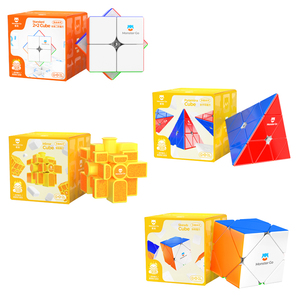Puzzles Standard: An Introduction to Fun and Challenge
Puzzles have been a source of entertainment and cognitive stimulation for generations. The term puzzles standard refers to traditional jigsaw puzzles typically consisting of interlocking pieces that create a complete image or design when assembled. These puzzles can be enjoyed by individuals of all ages, making them a perfect activity for family gatherings, solo relaxation, or as a competitive challenge among friends.
Types of Puzzles Standard
In the realm of puzzles standard, there exists a rich variety of types to cater to different interests and skill levels. Here are some prominent categories:
- Jigsaw Puzzles: The classic form, available in an array of images from landscapes to famous artworks.
- 3D Puzzles: These add a dimensional twist, allowing users to build structures such as famous landmarks.
- Wooden Puzzles: Made from high-quality wood, these puzzles are durable and often feature intricate designs.
- Custom Puzzles: Personalized creations that let you turn your favorite photos into unique puzzle experiences.
Applications and Function of Puzzles Standard
Puzzles serve not just as a form of entertainment but also come packed with benefits. Their applications span various areas:
- Cognitive Development: Engaging with puzzles enhances problem-solving skills and boosts memory retention.
- Stress Relief: Working on puzzles can provide a meditative state, helping to reduce anxiety and promote relaxation.
- Social Interaction: Group-oriented puzzles foster teamwork and collaboration, making them a great choice for parties or events.
- Educational Use: Puzzles are often employed in educational settings to improve spatial awareness and critical thinking abilities among children.
Features and Advantages of Puzzles Standard
The appeal of puzzles standard lies in their unique features and numerous advantages that captivate enthusiasts:
- Quality Materials: Many puzzles are made from high-quality cardboard or wood, ensuring longevity and durability.
- Variety of Difficulty Levels: From simple designs with a few pieces to complex images with thousands of pieces, there’s something for everyone.
- Educational Benefits: Builds critical thinking and enhances fine motor skills, particularly in younger audiences.
- Engagement: Offers a satisfying challenge that can improve concentration and focus during the assembly process.
- Sleek Packaging: Many modern puzzles come in aesthetically pleasing boxes, making them great gifts.














































